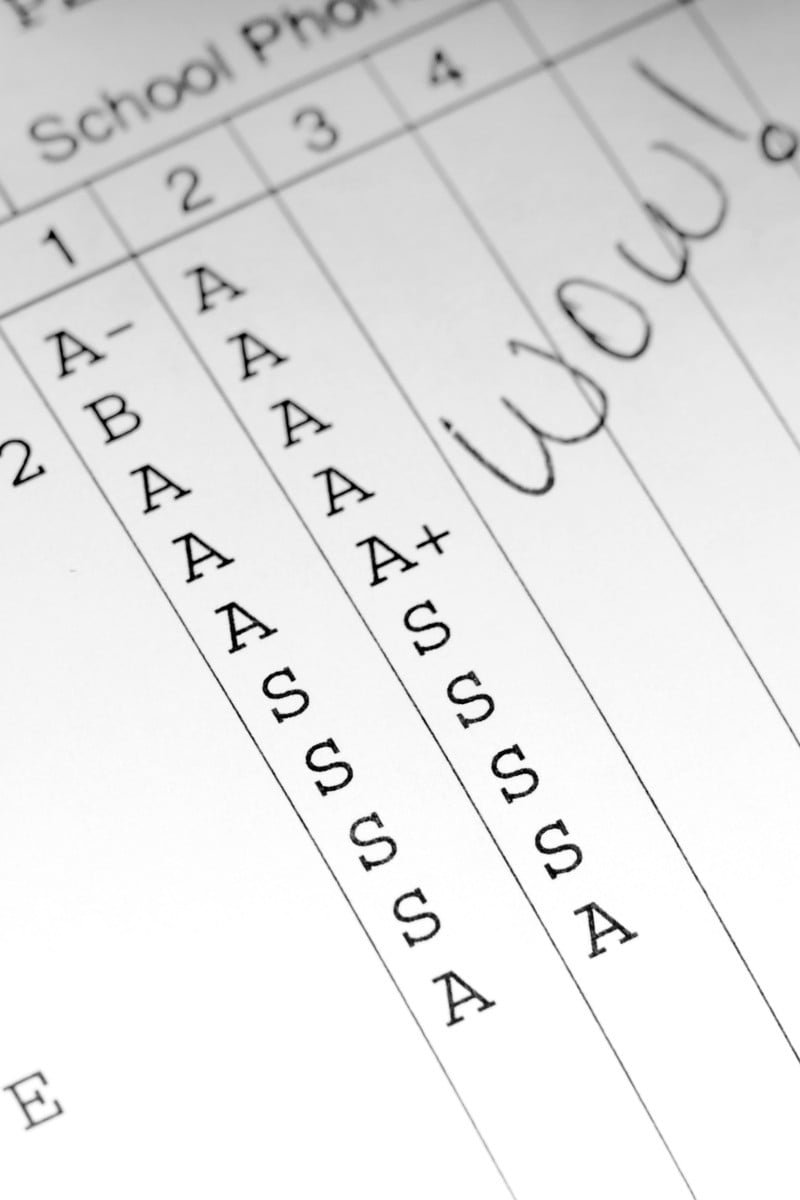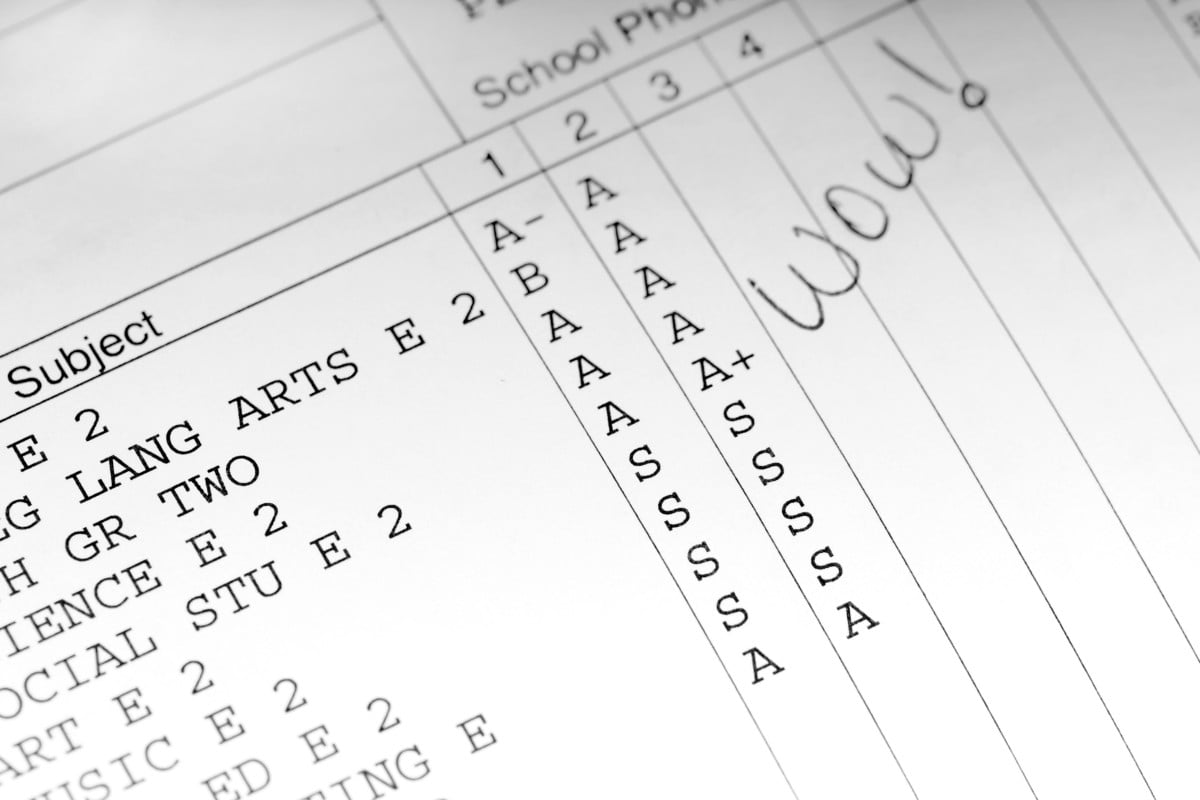
Face Off: Should Hong Kong abolish ranking systems from report cards?
- Each week, two of our readers debate a hot topic in a showdown that does not necessarily reflect their personal viewpoints
- This week, they discuss whether publishing a student’s rank does more harm than good
 Is it productive to publish a student’s class rank on their report card, or does it do more harm than good? Photo: Shutterstock
Is it productive to publish a student’s class rank on their report card, or does it do more harm than good? Photo: ShutterstockIf you are interested in joining future Face Off debates, fill out this form to submit your application.
For: Matthew Wong, 15, Shung Tak Catholic English College
Ranking systems have been the focal point of heated debate for years. While some may claim that positioning students has benefits, I believe the opposite. It is my two cents that ranking systems wreak havoc rather than making contributions.
One of the most glaring drawbacks of the ranking systems is that they put immense pressure on students. Just think of their lives under the exam-oriented atmosphere: they are either revising for endless tests or attending tutorial classes at 10:30pm! Teenagers are battling their hearts out just to stay afloat in the form, afraid that they will fall behind, not to mention that some demanding parents constantly cast expectations on their children to be the cream of the crop.
Should STEM courses be mandatory for all students?
On top of piling on pressure, ranking systems could spread distorted messages to students. For lower achievers, they could get exasperated about their lack of academic success despite making the best efforts they can. This may cause them to stop studying hard, which is not the attitude we should encourage. For higher achievers, cutthroat competition may result as they fight for the top position in their form, which inhibits the development of a harmonious learning environment. Furthermore, as the ranking systems focus heavily on the academic aspect, students are likely to neglect other social qualities, say, emotional intelligence or communication skills. How hard will the lives of the “exam winners” be when they find themselves the “workplace losers”?
Others might argue that ranking systems help students develop their competitive spirit. However, is that the only thing that matters? Is it worth sacrificing a warm learning environment, where students are supposed to help one another? Activities that cultivate students’ interests, including projects or experiments, could serve the same purpose. When there are better alternatives, why should we still keep ranking systems?
Against: Chloe Kwok, 14, Heep Yunn School
To understand ranking systems, it is important to understand why they exist. Ranking systems emerged as a means of assessing students’ performance in different fields, from physical education to fine arts.
In addition to enabling students to evaluate their performance objectively, rankings allow teachers to tailor their teaching accordingly. By separating students into groups based on their capabilities, small-class teaching can become more effective, while providing educational institutions with an objective criterion for admissions.
Students debate whether schools should make overseas study tours mandatory
Ranking systems allow students to identify their areas of weakness. Rankings help parents understand students’ educational needs. They show whether students need extra support from teachers. They can also help parents identify their children’s special educational needs. With the motivation to improve themselves, students will make their best effort to move up the rankings. Positive changes in rankings encourage students to continue to study.
There is no comprehensive method to evaluate performance in every subject. For instance, the arts simply cannot be evaluated objectively. Some may also argue that ranking systems contribute to toxic competition among students, place too much expectations on them and sow the seeds for mental health issues. The truth is that it is expectations from parents and society that push students to the edge. If we show our appreciation to students regardless of their academic performance, they will become less stressed and much happier.
Some may think that performance may be judged on grades instead. This does not take the lack of any limit on the number of students in a particular grade into consideration. If everyone gets an A in a test, it cannot help teachers understand students’ learning progress.
Ranking systems should solely serve to help students understand their educational needs. We must stop abusing these systems by forcing children to attend tutorial classes every day and putting so much pressure on them.
